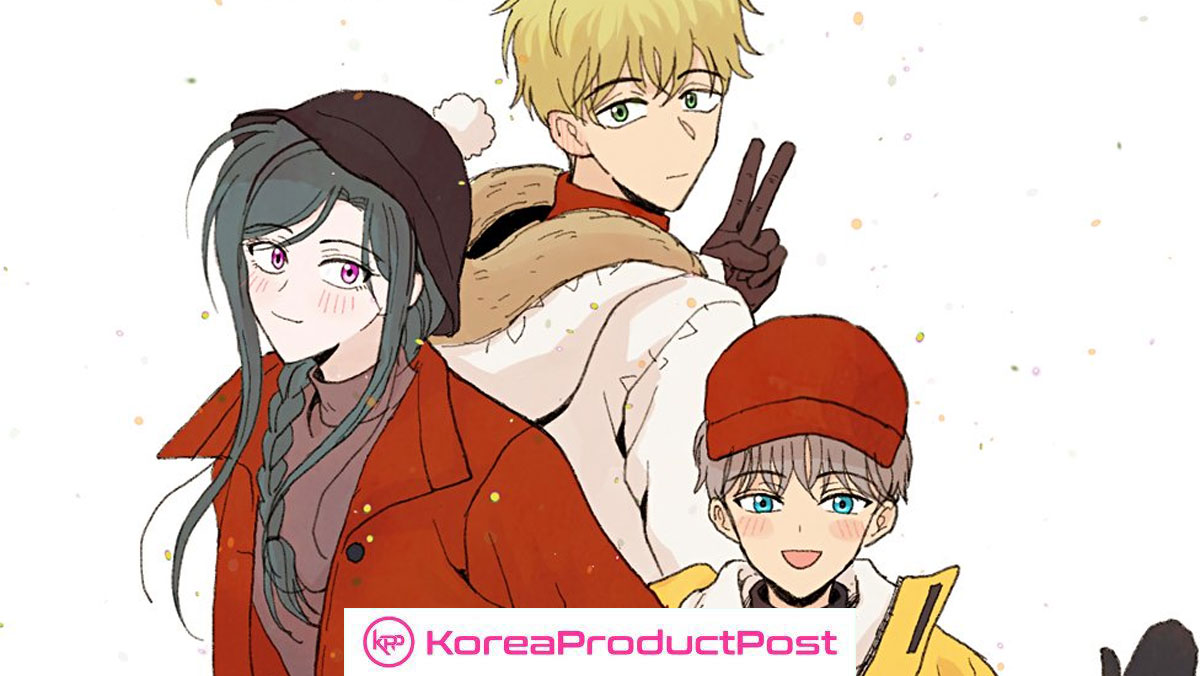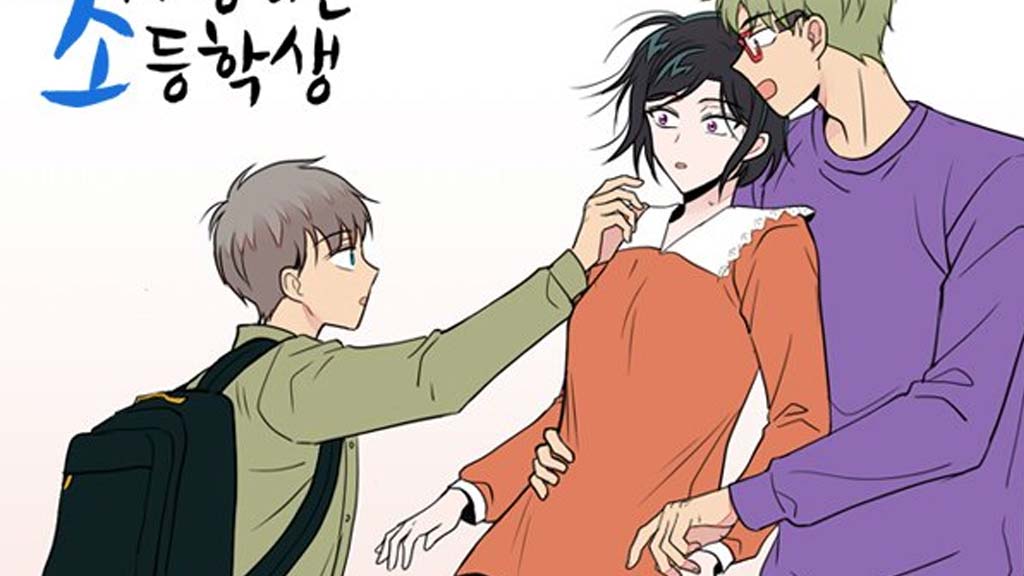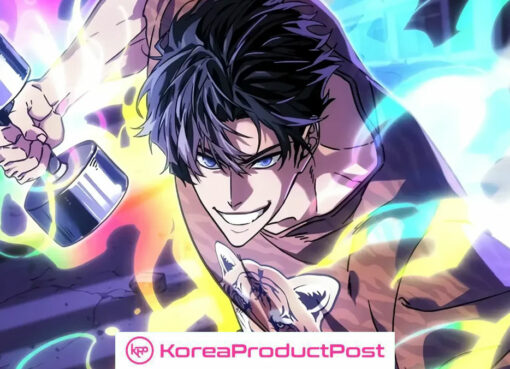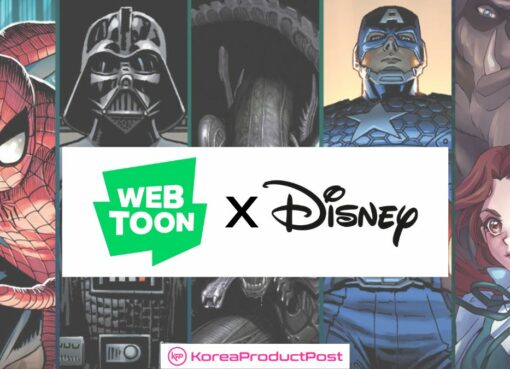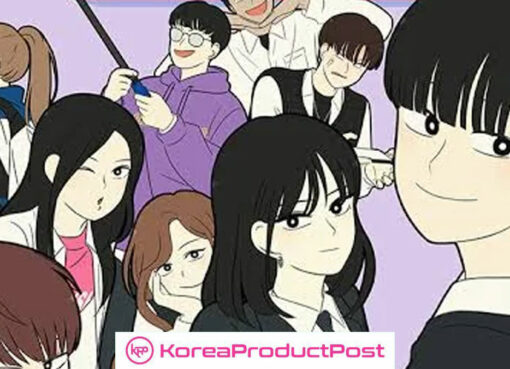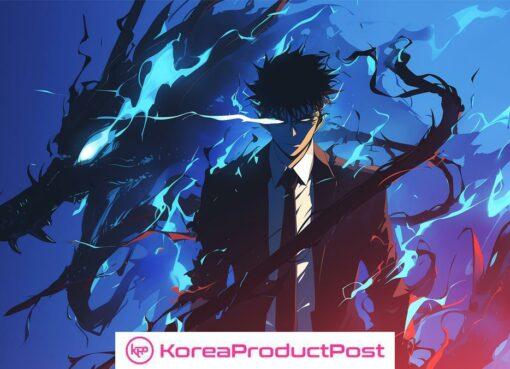You’ve never read it—not yet—but you might have heard the whispers: that “The Elementary School Student I Love” webtoon failed to hit the screen because it was “inappropriate”. Yet did you know? The webtoon has always been there for years. But nobody really paid attention until a live-action plan emerged.
So, how was that possible? And what was the problem, really? Most importantly, what did the creators’ think when they wrote “The Elementary School Student I Love” webtoon? Did they know it was gonna be a problem? Dive deeper into this controversial webtoon with us in the discussion below.
What’s “The Elementary School Student I Love” Webtoon: Why Is Everyone Talking About It Now?
Let’s start at the beginning. You’ve never heard about it—let alone read this controversial project—so what is this “The Elementary School Student I Love” webtoon really?
Well, on the surface “The Elementary School Student I Love” (내가 사랑하는 초등학생) looked like a quiet, niche webtoon that had run its course.
First serialized in 2015, created by the artist Hwaro, and published by C&C Revolution, the webtoon wrapped up in 2020 after a 140-chapter run. Heck, it was even a winner of the 2014 Lezhin Comics World Comics Contest. And it actually earned the Excellence Award, giving it credibility among Korea’s indie creator circles at the time. Amazing, right?
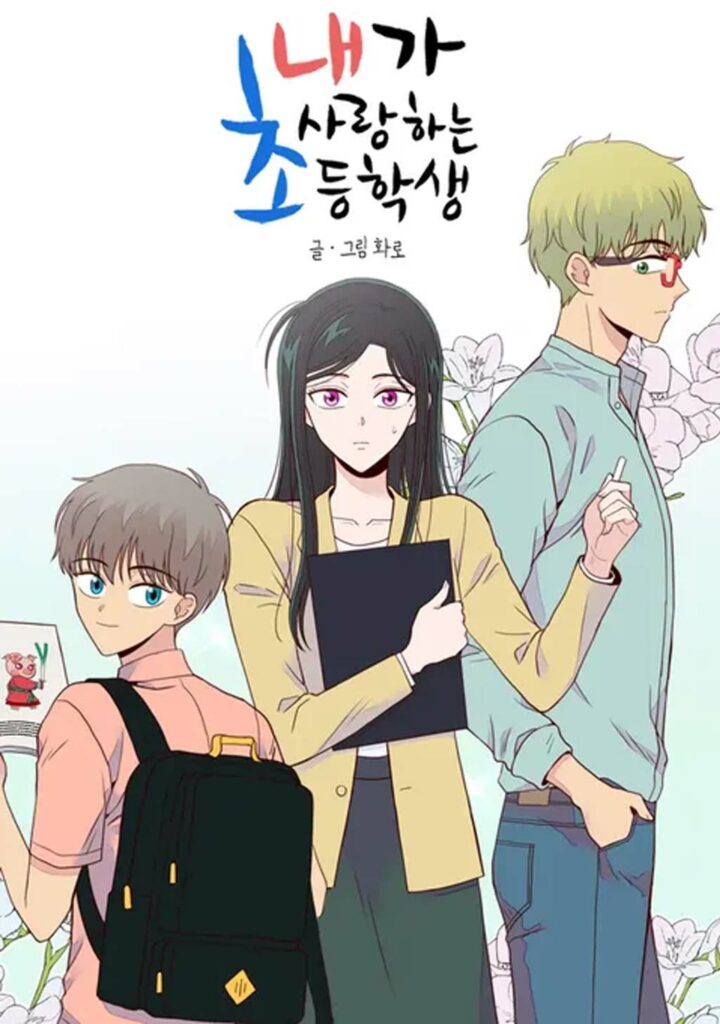
However, in July 2025, all eyes were suddenly on “The Elementary School Student I Love” webtoon, urging people to read and pay attention to the content. And no, it’s not because of its art, story, or fanbase, but because of a now-canceled live-action drama adaptation.
The second this live-action project was announced, a wave of backlash followed. Educators, parents, industry leaders, and netizens weren’t just upset—they were outraged.
And the result? They pulled the live-action project. And major platforms like Naver Series, KakaoPage, and Ridibooks scrubbed “The Elementary School Student I Love” webtoon, and nobody can read it again. An entire narrative that had once lived quietly for years then erased from public view in a matter of days.
So what happened?
“The Elementary School Student I Love”: The Story That Sparked a Firestorm Without Having to Read the Webtoon
Let’s get straight to the part that made people uncomfortable.
The story centers on Shim Cheong Ah, a 24-year-old elementary school teacher who escapes heartbreak by turning to online gaming. There, she meets a player she forms a connection with—someone supportive, mature, even emotionally intuitive.
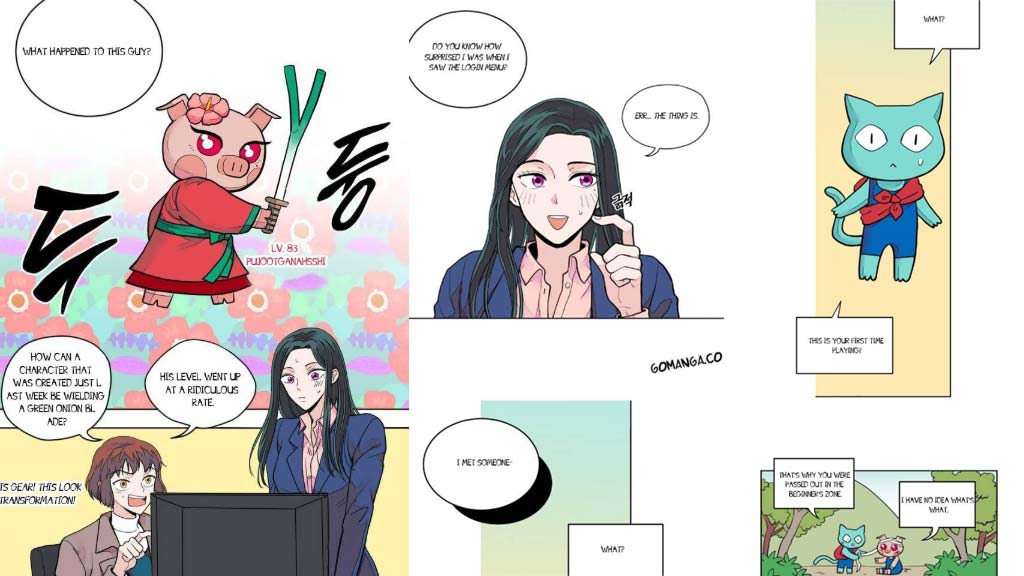
She develops romantic feelings. But here’s the catch: the player turns out to be Im Dang Su, a fifth-grade student in her own classroom.
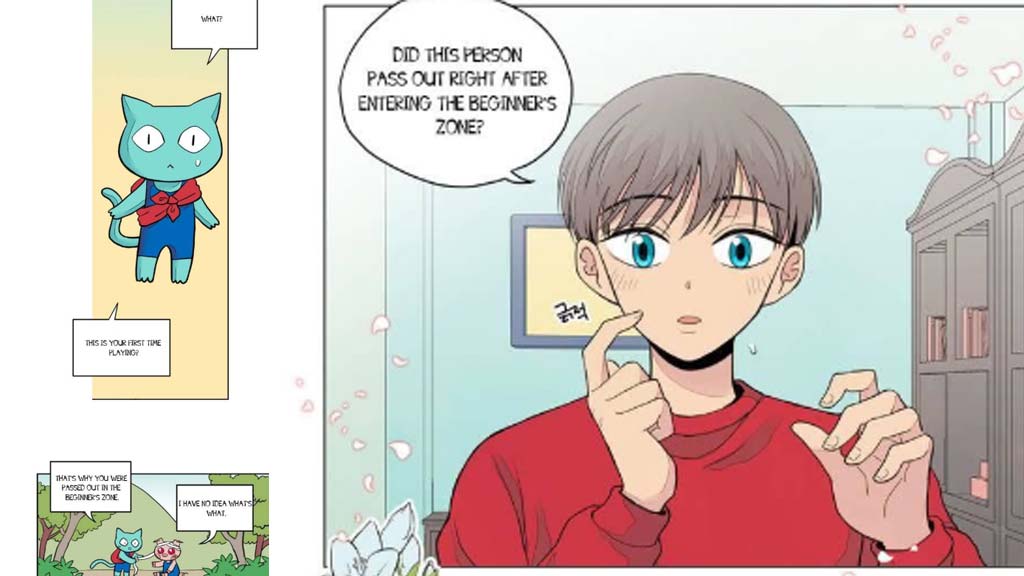
The narrative then shifts. Shim Cheong Ah is shocked. She draws the line. Her feelings are reframed as platonic.
However, that initial attraction—the fact that a 24-year-old woman could fall for someone she would later learn is a 12-year-old boy—stays embedded in the premise. And for critics, that was more than enough.
The “Quiet” Years: Why Nobody Reacted in 2015
Here’s where things get complicated.
Back when it was first serialized on Lezhin Comics—a platform known for adult-leaning and experimental works—the webtoon didn’t trigger much controversy. Its age rating was listed as 12+, its art was described as “cute,” and readers mostly saw it as a quirky rom-com that turned into a platonic emotional drama. Some even praised Shim Cheong Ah for handling the situation maturely, pointing out that she supports Im Dang Su’s love for another girl and never crosses the line.
Still, even then, there were warning signs. The title alone—”The Elementary School Student I Love”—is designed to provoke. And when it jumped to more mainstream platforms like Naver Series and Comico, it quietly gathered more casual readers without setting off alarms.
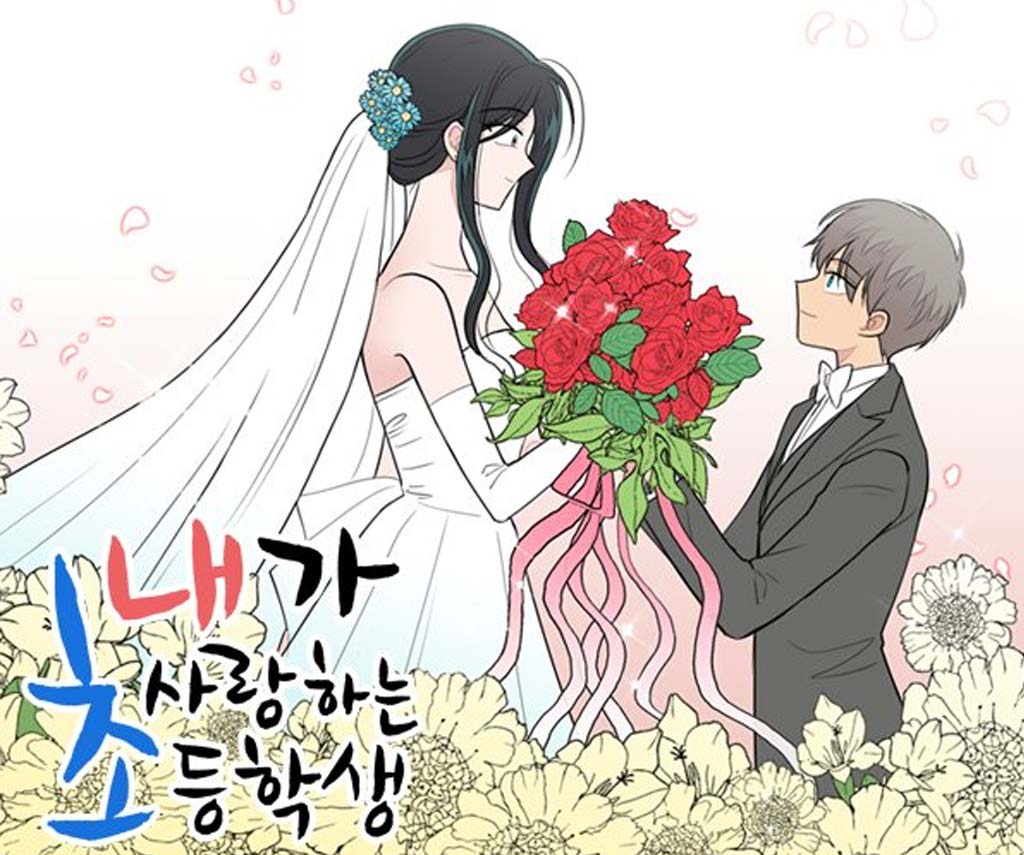
Why?
Because it never made it into the mainstream spotlight. Until 2025.
The Breaking Point: Live-Action Drama Announcement
In June 2025, C&C Revolution and Meta New Line announced a drama adaptation of “The Elementary School Student I Love”. Jung Sung-hyun was set to direct, with Jung Se-hyuk writing the script. But instead of hype, the project sparked public outrage.
Teachers’ unions like KFTA (Korea Federation of Teachers’ Associations) and KTU (Korean Teachers and Education Workers Union) issued damning statements. They called the story a dangerous glamorization of grooming and a threat to the integrity of the education system. Netizens across platforms like X (formerly Twitter) and Reddit amplified the concerns.
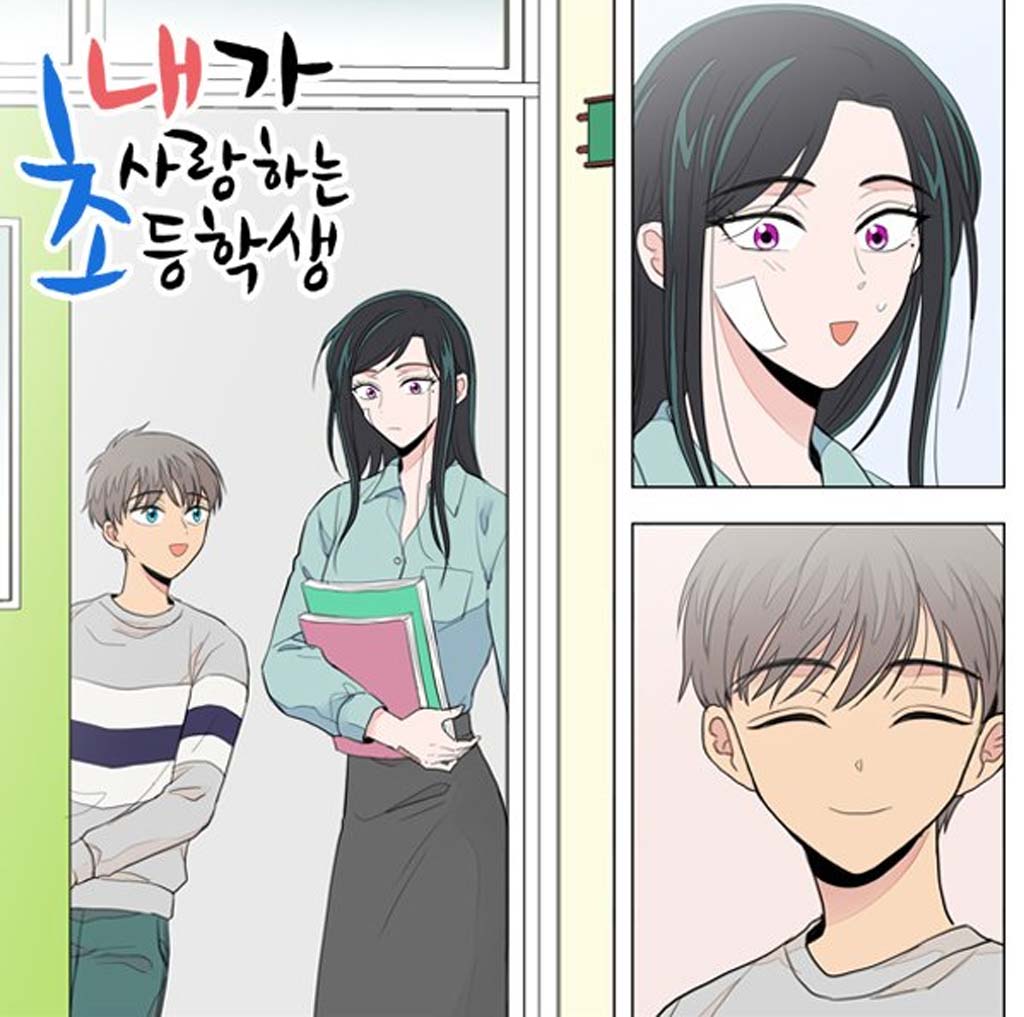
Within a week, the adaptation was canceled. Major webtoon platforms suspended the webtoon. No re-release is planned. An English version of the webtoon was never made available, and any unofficial translations have since vanished from major indexing platforms. Then, the once obscure webtoon was buried under a storm of public disapproval.
What the Creators (and Platforms) Said
In the middle of the backlash, readers started digging through platform support responses. One comment from Naver Series stood out:
“Yes, the protagonist does have feelings for the student. But the story does not lead to a romantic relationship. After realizing his age, she distances herself and even supports his feelings for someone else.”
But this wasn’t enough for critics. Because even if the narrative turns platonic, it doesn’t erase the initial premise—a young teacher developing unknowing feelings for a minor. And to many, especially in the education community, that line simply shouldn’t be crossed in fiction, no matter how the story resolves.
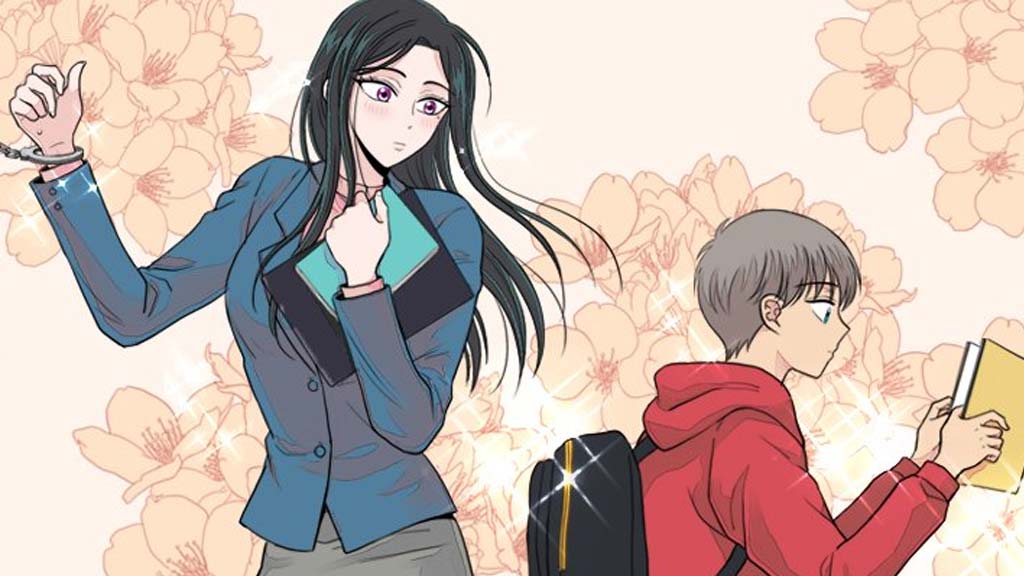
“The Elementary School Student I Love” Webtoon: Modern-Day Simcheong?
Here’s something you didn’t know: “The Elementary School Student I Love” webtoon isn’t just about controversy. It’s also loaded with cultural symbolism, especially from one of Korea’s most famous folktales—Simcheongjeon (The Tale of Simcheong).
If you grew up with Korean stories, you’ll recognize this one. It’s the tragic tale of a dutiful daughter who sacrifices herself by jumping into the sea (Indangsu) to help her blind father, only to be reborn and honored for her selflessness. It’s a core story about sacrifice, innocence, and unconditional love—a moral compass for generations.
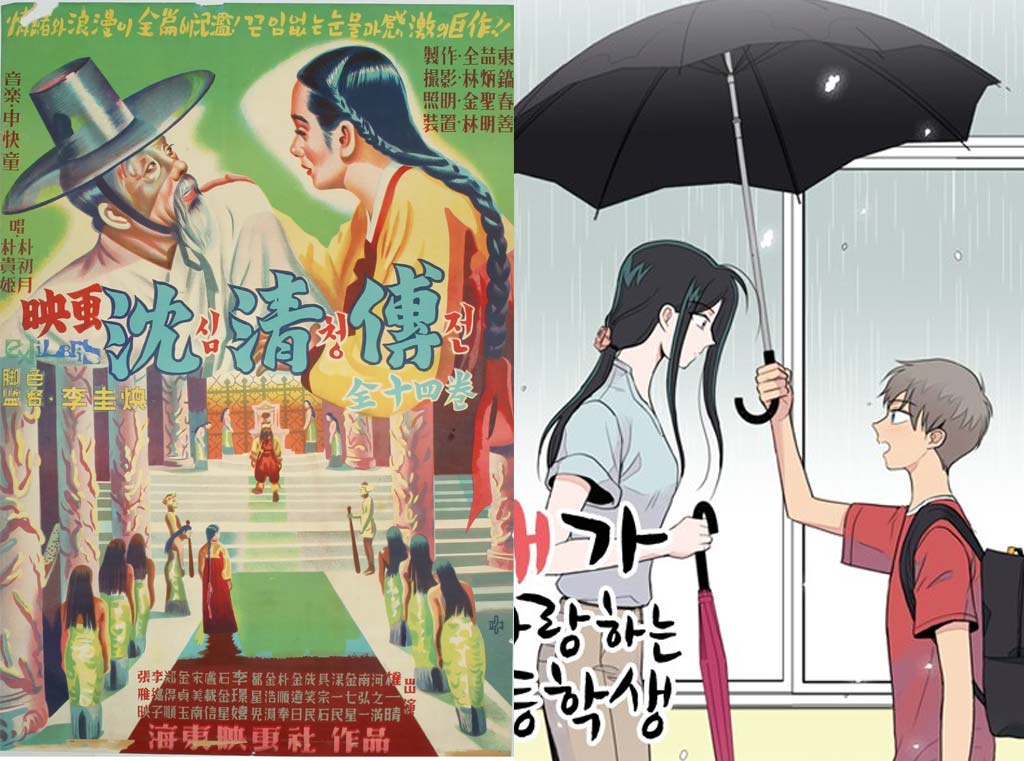
Now look at the names in this webtoon:
- Shim Cheong Ah = Simcheong herself
- Im Dang Su = Indangsu, the sea she throws herself into
- Baek Deok Man = possibly from Baengdeok Eomeoni, the greedy, cruel stepmother
- Gong Yang Mi = 공양미, the 300 sacks of rice Simcheong needed to restore her father’s sight
- Jang Seung Sang, Sim Hak Gyu, and others also trace back to the folktale’s supporting cast
The Creators’ Original Intention: Read “The Elementary School Student I Love” Webtoon and Connect to Simcheong
So what does that mean?
At some point, the creator may have intended this webtoon to be a modern allegory—a story where teachers sacrifice their emotional comfort and personal desires for what’s right, just like Simcheong.
Instead of literal tragedy, we’re watching a young woman wrestle with her own vulnerabilities and boundaries, especially after realizing that the person she trusted online is actually a student in her care.
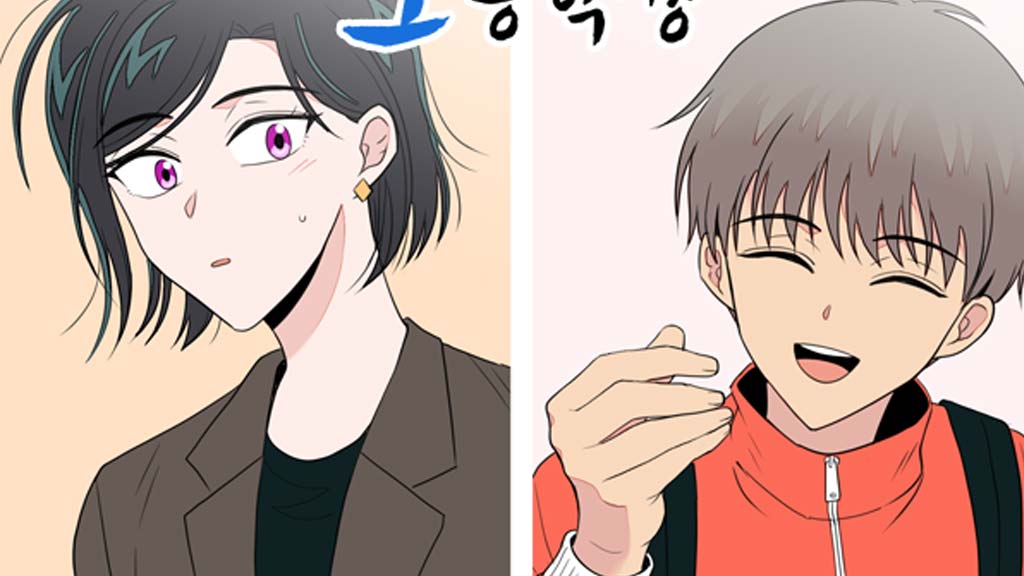
If you think about it this way, the webtoon could have been a character study on moral clarity and resilience, dressed up in a quirky rom-com art style. But here’s where it stumbled.
In trying to build that layered metaphor, the story still starts with a teacher developing feelings for someone she doesn’t yet know is a child.
So Why Was It a Problem Now?
This is the question that matters: Why did a story that ran for five years suddenly become “too dangerous” in 2025?
Because the context changed. In 2025, that’s a story that simply doesn’t land well—no matter how symbolic or literary the structure was meant to be.
Even if Shim Cheong-ah later does the “right thing,” even if nothing happens between her and the student, and even if the emotions are meant to be platonic or unspoken, the optics are hard to defend.
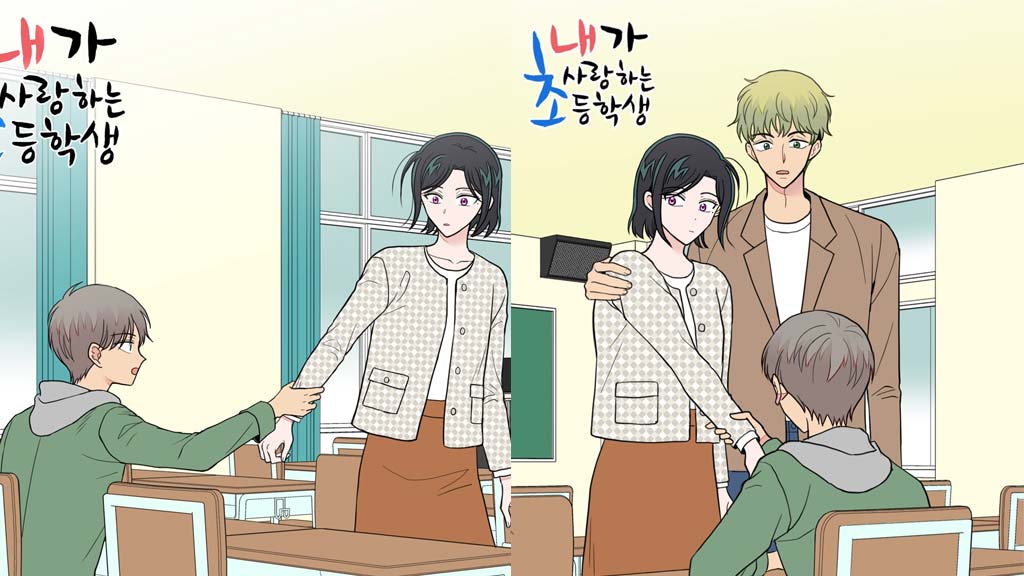
Because at the end of the day, people aren’t thinking about 18th-century allegories. They’re thinking: “This is a grown woman. That’s a fifth grader. Why is this even a story?”
And that’s where the symbolic ambition gets lost.
So yes, there might have been a smarter, more meaningful story hidden underneath. But that doesn’t excuse the surface-level discomfort, especially in a time when society is rightly drawing stronger lines around grooming, child safety, and emotional ethics in media.
The folktale references are still there. But they weren’t enough to carry the weight of the webtoon’s premise. And unfortunately, most readers didn’t get to see anything beyond that first impression—because by the time it was being reevaluated as a drama, public trust had already broken.
The Shifting Ethics of K-Content Platforms in 2025
Moreover, in 2015, platforms like Lezhin catered to niche adult readers who tolerated provocative narratives under the “it’s just fiction” defense.
However, when the same story migrated to Naver—one of Korea’s largest public platforms—it entered a very different environment. One with more visibility. One with more families and educators watching. And one where live-action adaptations can amplify fiction into emotional realism, making its impact potentially harmful.
Korea’s content ethics have shifted. Especially with high-profile cases of grooming and abuse in the education sector, the tolerance for even fictional depictions of adult-child attraction is lower than ever.
So What Does This Really Mean—for You, and for the Industry?
Let’s be honest: this issue was never just about one title. What happened to “The Elementary School Student I Love” webtoon tells you something much bigger about how Korea’s creative industry, platforms, and audiences are shifting right now.
Because here’s what it really exposed:
Fiction Doesn’t Exist in a Vacuum Anymore
A story that quietly existed for five years can face total rejection overnight when its medium changes. What felt “harmless” in illustrated panels becomes deeply uncomfortable once actors, music, and real emotion bring it to life onscreen.
Creators Cannot Lean on “Good Intentions” to Avoid Backlash
Even if the message was “this teacher knows her boundaries,” that message was buried beneath a premise that too many people found ethically non-negotiable. The audience never got far enough to see what the creator meant—because what they saw was enough to shut it down.
Platforms Can No Longer Hide Behind Plausible Deniability
Lezhin hosted the series until 2018. Naver picked it up in 2019. Nobody blinked—until it was about to become a drama. Then the cleanup began. Readers now expect major platforms to draw clear lines around what kinds of stories they’re willing to monetize, host, and push into the mainstream.
Cultural Metaphors Won’t Save You from Accountability
You can fill a story with as much Simcheongjeon symbolism as you like—but if the emotional impact of your plot triggers real-world concerns (especially about children), allegory isn’t a shield. It’s a footnote.
A Warning Shot
Finally, this case showed how fragile the boundary is between niche storytelling and national controversy. All it took was a single drama announcement—just one shift from page to screen—and suddenly, an entire narrative had to be reevaluated, condemned, and erased. Not because of a scandal, but because of a premise that no longer fits the values of the present.
So no—it wasn’t just a random cancellation. It was a warning shot.
And in a world where webtoons are constantly getting picked up for film, TV, and global distribution, it’s a moment every creator, reader, and platform should pay attention to.
For now, you can still read the Korean version of “The Elementary School Student I Love” webtoon via Comico.
If you’re looking to promote your products and connect with international buyers, please don’t hesitate to contact us.
Join us on an exciting journey to explore the vibrant world of Korean lifestyle – from the latest beauty tips to the hottest tech and so much more on Facebook, Twitter, LinkedIn, and Flipboard.



